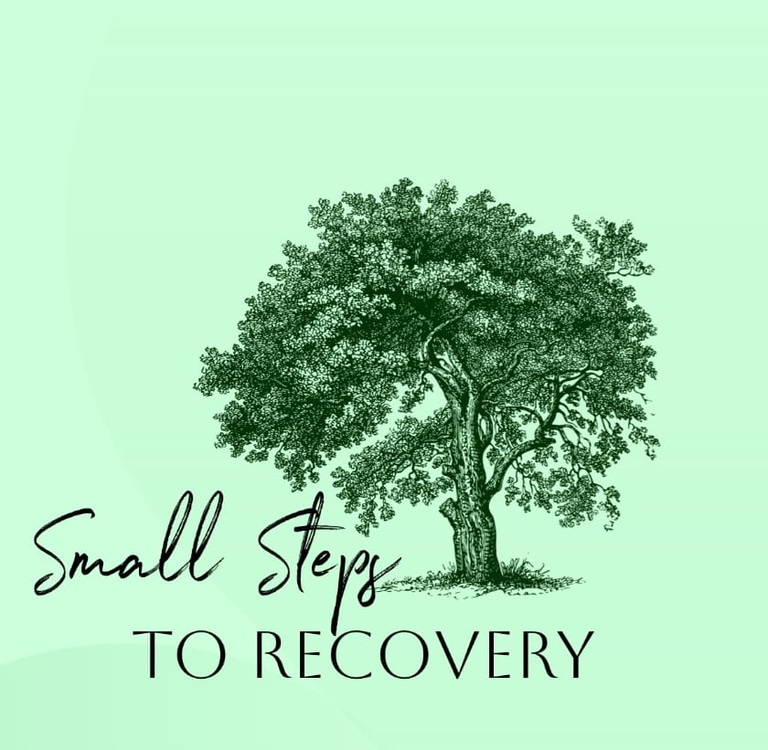Navigating the Challenges: Families Coping with Opioid Addiction
Talking about how Families have had to cope with loved ones who are addicted to opioids.
1/30/20251 min read


Understanding Opioid Addiction
In recent years, the opioid crisis has become one of the most pressing public health issues in many countries. Families are often on the front lines, experiencing the emotional and physical toll of their loved ones struggling with addiction. Opioids, whether prescribed medications or illicit drugs, can create a cycle of dependence that is difficult to break. Understanding this cycle is essential for families who wish to support their loved ones while managing their own wellbeing.
The Impact on Families
The impact of opioid addiction extends far beyond the individual facing substance abuse challenges. Families often experience a whirlwind of emotions, from anxiety and fear to frustration and helplessness. The stigma associated with addiction can lead to isolation, as families may find it difficult to discuss their circumstances with friends or even extended family. This silence can create a sense of loneliness, making the need for support networks even more crucial.
Strategies for Coping and Support
Despite the challenges presented by opioid addiction, there are strategies that families can employ to cope more effectively. Family members can seek support groups designed for those affected by addiction. These groups provide a safe space to share experiences and feelings, offering practical advice and emotional relief. Additionally, education about addiction can empower families to understand their loved one's struggles and foster compassionate approaches to communication.
Furthermore, establishing healthy boundaries is critical. While the desire to help a loved one is strong, enabling behaviors can perpetuate the cycle of addiction. Families must balance their support with self-care to avoid burnout. Engaging in activities that promote well-being, such as hobbies or therapy, can provide family members with the resilience needed to navigate this difficult terrain.
It's important to remember that recovery is a journey, often filled with setbacks and successes. Encouraging loved ones in their treatment process while remaining mindful of personal health can lead to a more positive environment for recovery.
Ultimately, coping with a family member's opioid addiction is a complex endeavor requiring patience, compassion, and strength. However, with the right tools and understanding, families can collectively heal and emerge stronger.
Recovery
Specialized opioid addiction treatment for lasting recovery.
Support
Healing
(828) 252-6300
© 2024. All rights reserved.
